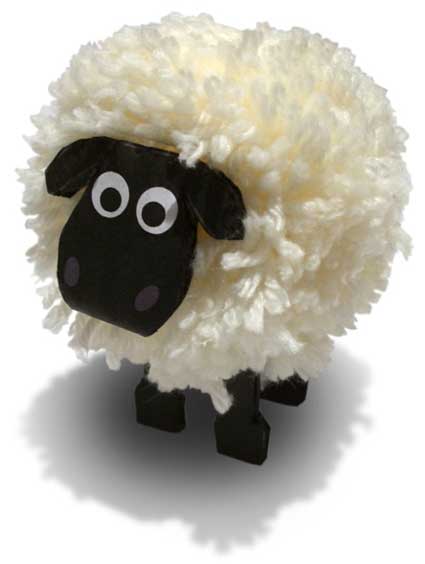29th of Elul , 5770
Once a year, a shepherd - or a 'gaucho', as I recalled from my native Argentina- gathers all his sheep and carefully examines each one of them. If a sheep is heavy and healthy, he takes his brush and marks it with a blue color -which means that later on that sheep will be destined for reproduction- and sends the sheep back to the flock. If a sheep has very good wool, he gets a yellow mark, going to shearing. If a sheep is skinny and the wool is useless, the shepherd paints on its back a red color mark, which indicates that the sheep will be slaughtered and used for food.
The destiny of every sheep is determined and 'sealed' by the shepherd on that crucial day. The rabbis explained that on Rosh haShana the Almighty carefully examines our deeds and actions and accordingly, He determines our fate, marking us for success, for life or chas veshalom for death.
Same as the sheep, we do not know what color we bear in our backs, but unlike the sheep, our destiny is not sealed on Rosh haShana. We have a window of opportunity of seven days to repent, ask forgiveness and appeal the original verdict -this is what we do in Yom Kippur- praying to the Almighty to accept our plea and revoke or commute our bad sentence.
Shana Toba uMetuka!!!
ERUB TABSHILIN for today!!!: http://www.mashadi.info/pdf/erubtabshilin.pdf
Printable Seder of Rosh haShana http://www.mashadi.info/pdf/sederrh2010.pdf
Can a woman go to the Mikveh tonight?http://www.mashadi.info/pdf/mikveh.pdf
